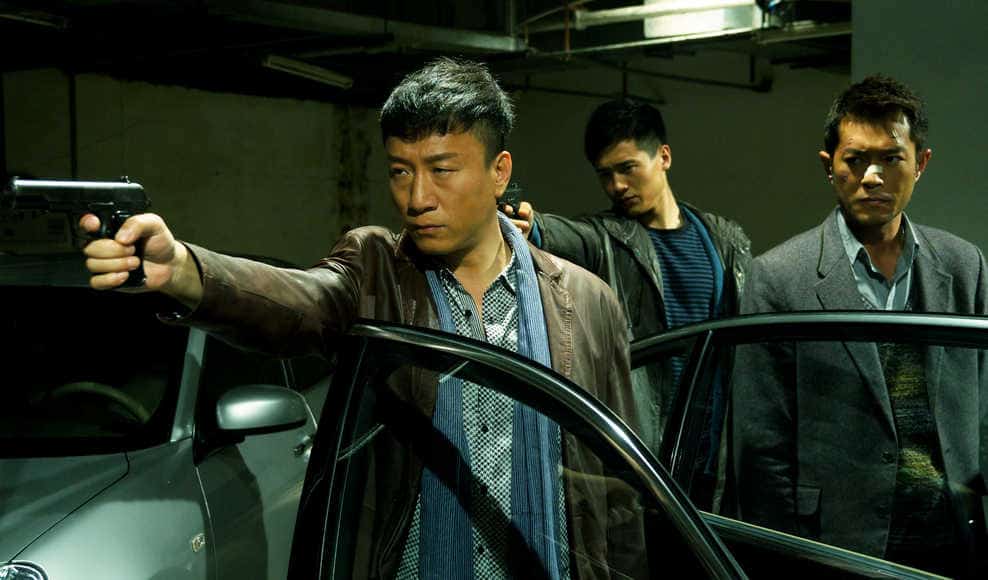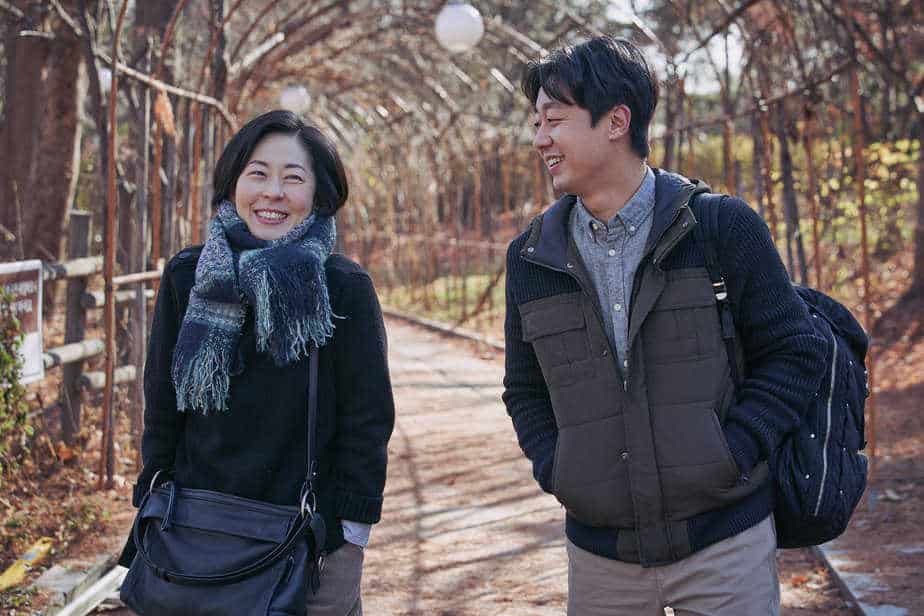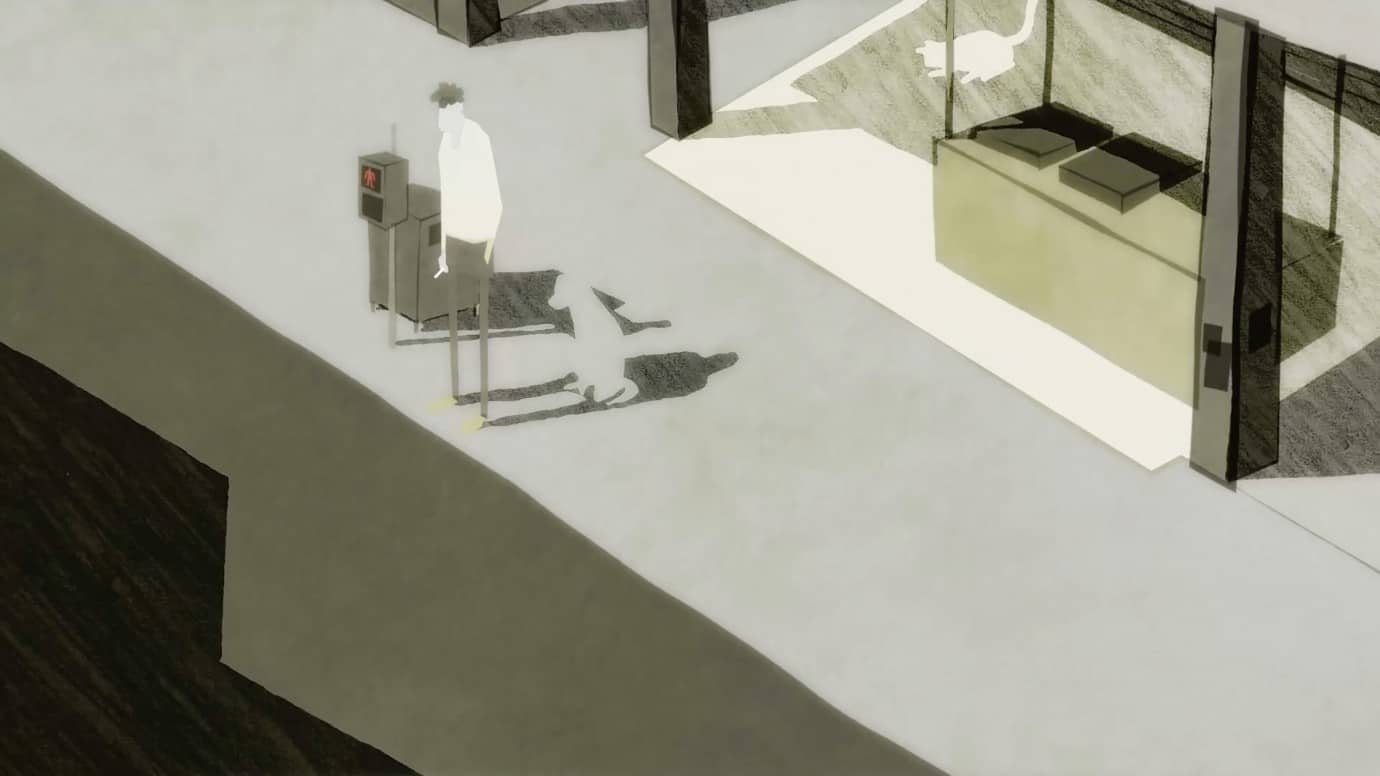The detective story has seen lots of diverse approaches over the years. Ever since authors such as Sir Arthur Conan Doyle or Raymond Chandler have perfected the formula, it seems as if new stories aim to bend the rules, while also maintaining the view on the world and its society, which has always been one of the most interesting parts of the genre. Consequently, as the concept of truth becomes more fragmented and even chaotic in modern times, these stories reflect this development. Atsuro Shimoyashiro's second feature “Lonesome Vacation” relies heavily on the conventions of the genre, while bending them at the same time, telling a quite meaningful tale about the significance of proof and the truth for a person's life and identity.
Lonesome Vacation is screening at Nippon Connection

Eichi Furuya (Takuma Fujie) makes his living working as a private eye in Tokyo. He likes his work, even though observing seemingly cheating husbands and wives has not paid that well in recent times. However, his situation changes somewhat as Kyoko (Kyoka Minakami) steps into his office, offering a lucrative job. While she was browsing through her father's stuff, she had come across an old film showing him and an unknown young girl. Curious to get to know the stranger and find out a new chapter in her deceased father's life, she asks Eichi to search for her. He quickly figures out where the film was shot and makes his way to Miura Peninsula, accompanied by Kyoko.
Introducing themselves as tourists to the locals of Jogashima, Eichi figures out the exact location of the film, an old lighthouse and a place by the beach. The two run into a young girl and her sister, and, much to Kyoko's surprise, find a connection between them and the film, which supposedly shows their mother. While Kyoko is satisfied with what they have found out and wants to get back to Tokyo, Eichi thinks there is more to the story.
If you are into detective stories that have a weird charm to them, “Lonesome Vacation” will certainly have you covered. Although the action plays out like you would expect from the genre, the protagonists have some strange and also entertaining quirks. While having a broad knowledge about many subjects, including geography and history, Furuya is also an apt student of pop culture, with punk and rock being his favorite subjects. He takes some delight in his knowledge of Elvis Presley, as is evident in his haircut reminiscent of the famous entertainer. However, Shimoyashiro and most importantly Takuma Fujie's performance ensure he is not the caricature you might expect, as there is more to him than meets the eye, with his drive to get to the bottom of a case being his most outstanding feature. Furuya is a strong, entertaining leading character and you cannot help but wish the director has more stories with this character in mind.
Check also this video
Additionally, “Lonesome Vacation” offers a simple, but insightful story about identity and truth. Similar to the stories of Raymond Chandler, the original case seems easy to solve, almost banal to a point, but is far more complex in the end. Atsuro Shimoyashiro's and Futoshi Nakano's script presents how the truth or, more precisely the possibility of it, may endanger one's identity, making people afraid of uncovering uncomfortable chapters of their lives and the ones they love. The private eye, while relying on details and facts to reveal what has been hidden for such a long time, has a more significant responsibility which is not often mentioned in the genre: the responsibility for his clients and the people his investigation affects. “Lonesome Vacation” deals with a lot of themes of detective fiction without relying on modernization too much and even maintaining a glimpse of noir-ish flair.
“Lonesome Vacation” is a great detective story about identity and truth. Atsuro Shimoyashiro's feature does not need violence or sex to make a point about the responsibility of the investigator while still keeping some noir undertones. Additionally, Takuma Fujie's performance in the leading role deserves much praise.













